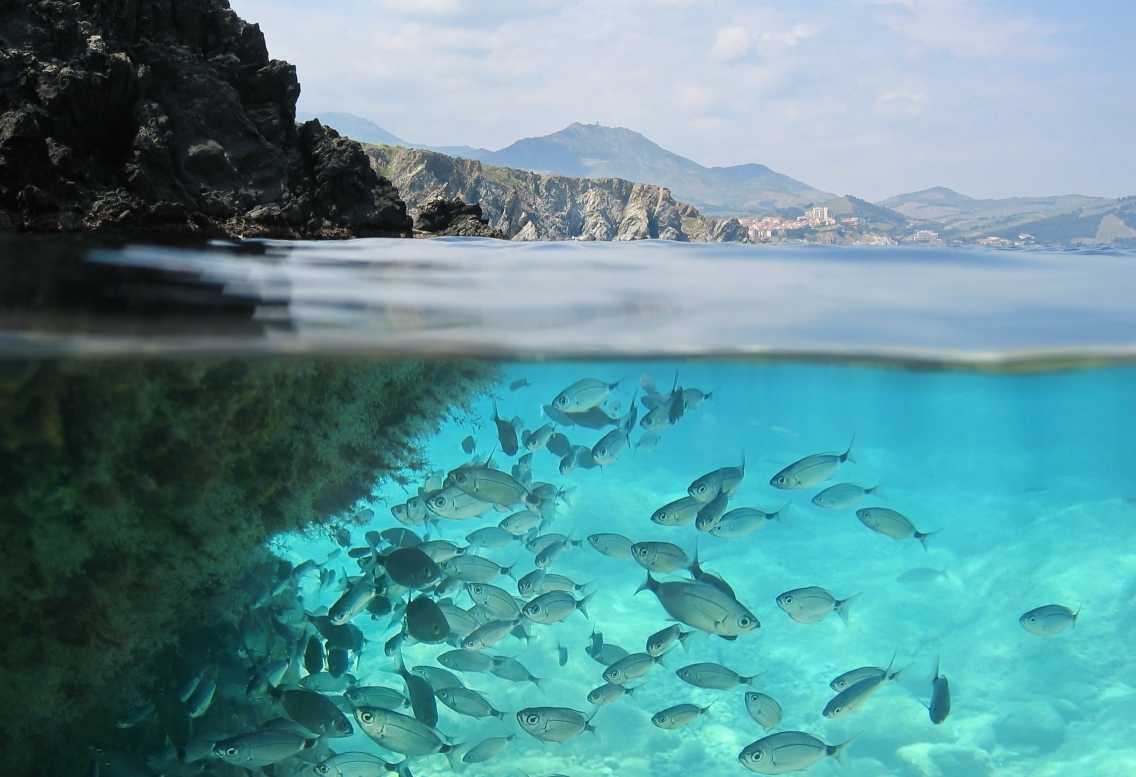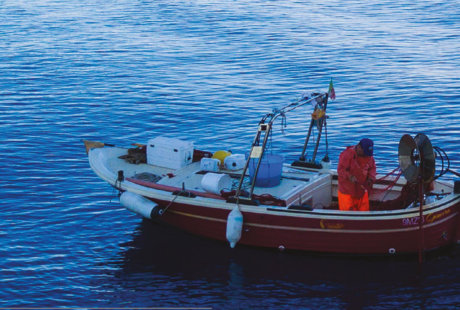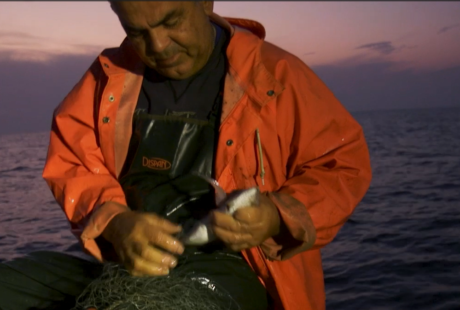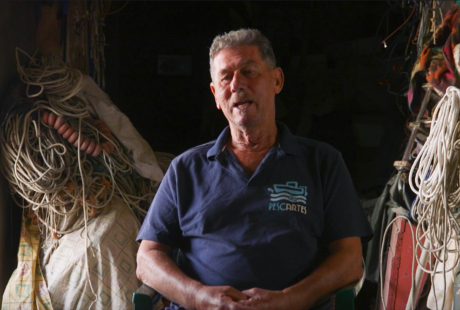Brussels, Wednesday 1 August 2018 – The European Commission today stated that the goal of biologically diverse, clean and healthy seas by 2020 is unlikely to be achieved through the measures put in place by Member States under the Marine Strategy Framework Directive.
The Marine Directive requires Member States to implement measures to achieve the goal of having all EU seas in ‘good environmental status’ by 2020. In a report to the European Parliament and Council, based on its assessment of Member States’ measures in place and planned, the European Commission concludes that ‘achieving good environmental status by 2020 across all European marine regions remains unlikely’. This is due to several weaknesses in the programmes of measures (PoMs), and gaps in coordination between countries.
“With less than two years to go before 2020, the measures put in place by Member States to tackle one of the biggest environmental problems today, the degrading health of our seas, are extremely weak in the face of the challenge, says Alice Belin, Seas At Risk Marine Policy Officer. Our own analysis of the measures needed to stop overfishing and tackle the plastics issue clearly showed that Member States need to take much more ambitious action to save our seas, including entirely rethinking our production and consumption systems.”
While the Commission commends Member States for their endeavours, it points to shortcomings in their approach to tackling pollution and the loss of marine biodiversity, such as fragmented efforts to address transboundary problems. Only one-quarter of the measures put forward by Member States are new, while others are actions that were already due to be undertaken by Member States, many of which are not yet actioned. Less than half of Member States believe that their measures will lead to clean and healthy seas by 2020, setting themselves up for failure before even trying.
In April 2018, Seas At Risk, in a joint position paper with other environmental NGOs, made it clear that political will from EU governments is crucial. Healthy seas require three key steps:
- Eliminate pollution input to the sea.
- Stop overfishing.
- Prevent the destruction of marine biodiversity by human activities.
Seas At Risk continues to believe that too little does not have to mean too late: greater political resolve to protect the marine environment can still yield significant results by 2020.

Context:
The Marine Directive (Directive 2008/56/EC) aims to achieve Good Environmental Status of EU seas by 2020. The Directive required Member States to identify the measures which need to be taken in order to achieve or maintain good environmental status in 2015 and to report their PoMs to the European Commission by March 2016. The Commission was to then assess whether or not the PoMs are appropriate to meet the aim of the Directive.
The Commission’s assessment, published today, comprises a high-level report and a detailed Staff Working Document, including country-specific recommendations and guidance for improvement.
Links:
Report from the Commission assessing Member States’ Programmes of Measures under the Marine Strategy Framework Directive, 1 August 2018.
Commission Staff Working Document accompanying the Commission Report, 1 August 2018.
‘Three steps EU countries must take to achieve clean and healthy seas by 2020‘, 10 April 2018.
Contact:
Alice Belin, Marine Policy Officer,
Posted on: 30 July 2018



